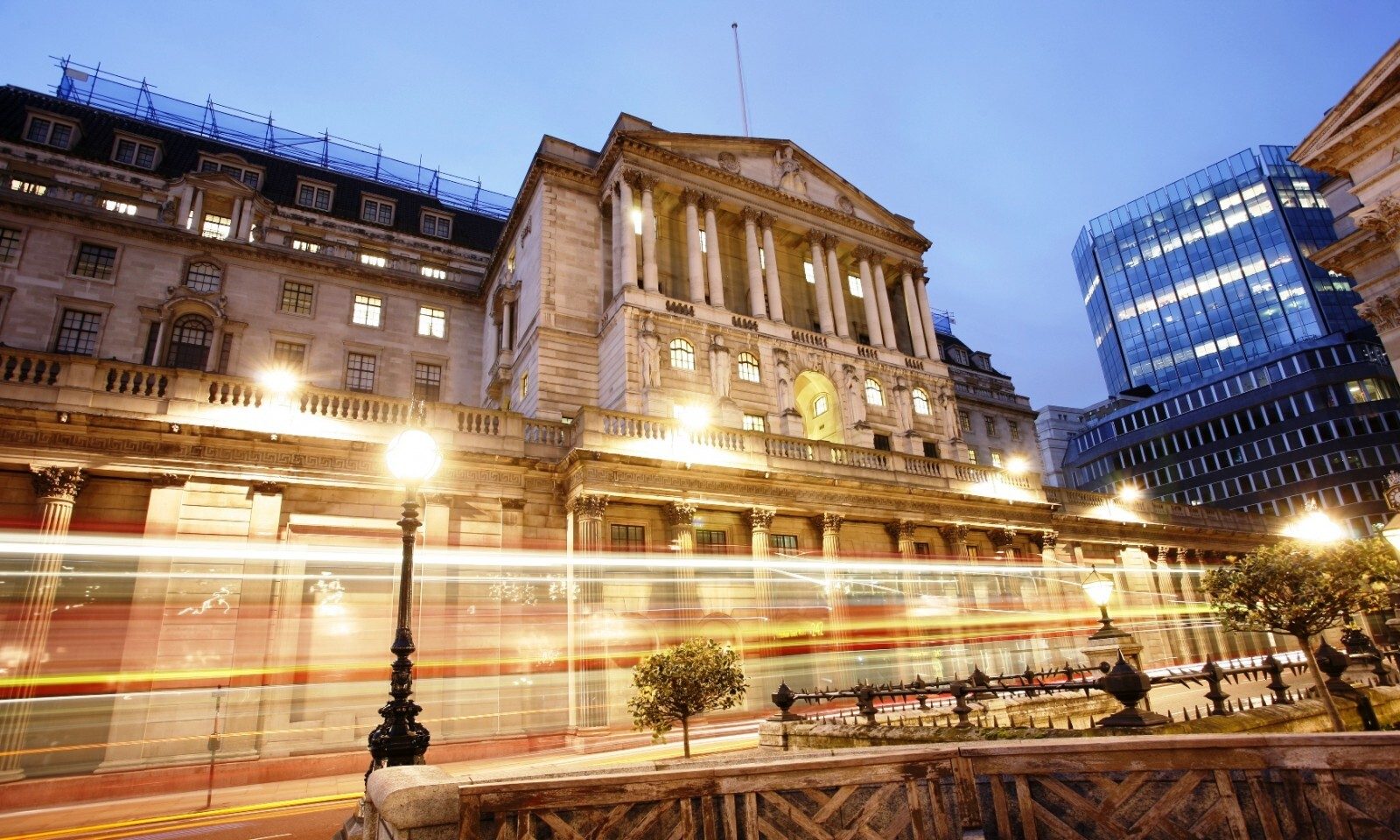
Interest rates remain at seven year lows as Bank of England Monetary Policy Committee voices Referendum concerns.
The Bank of England’s (BoE) Monetary Policy Committee (MPC) today voted for interest rates to remain at their seven year lows of 0.5 percent. Committee members voiced concerns over economic uncertainty caused by the upcoming June referendum and its implications for the UK’s economic growth, citing examples of its effects on broader economic activity and business decisions. This echoes the warnings from the International Monetary Fund (IMF) earlier this week, stating that ‘Brexit’ could cause considerable damage to the UK’s export and import markets and global trading relations, creating significant challenges, both domestically and globally.
Currency markets are also feeling the effects of this uncertainty, with sterling suffering against the euro and US dollar, in particular; although the UK currency managed to claw its way back to two week highs against the euro yesterday, as the euro fell in response to poor economic data. Sterling did not have the same luck against its other major currency pairing, the US dollar, however, as it fell back down again from previous two week highs against the US currency.
Business confidence appears to have taken a nosedive in the face of continued uncertainty. More worrying still is the increasing concern that businesses are delaying making strategic decisions until the vote has been decided. Carl Hasty, Director at Smart Currency Business, finds this trend alarming:
“Ongoing market uncertainty and falling sterling strength pose significant economic and market risks. It is therefore more important now that ever to have a robust risk management and currency hedging strategy in place. UK export and import markets are feeling the sting of sterling volatility; businesses trading internationally need to be cautious and protect their margins from adverse market movements.”
The BoE also warned of continued uncertainty after the vote, particularly in the event that leaving the EU won the final vote, commenting that there would be “an extended period of uncertainty” for the economy and its prospects, particularly in the area of exports and currency exchange rates.
However, they hinted that in the event that the decision was made to remain in the EU, markets and exchange rates could stabilise.
Chris Williamson, Chief Economist at Markit, warned that the chances of the BoE having to take additional steps to boost the economy have increased in the face of the impending referendum.

 020 7898 0500
020 7898 0500